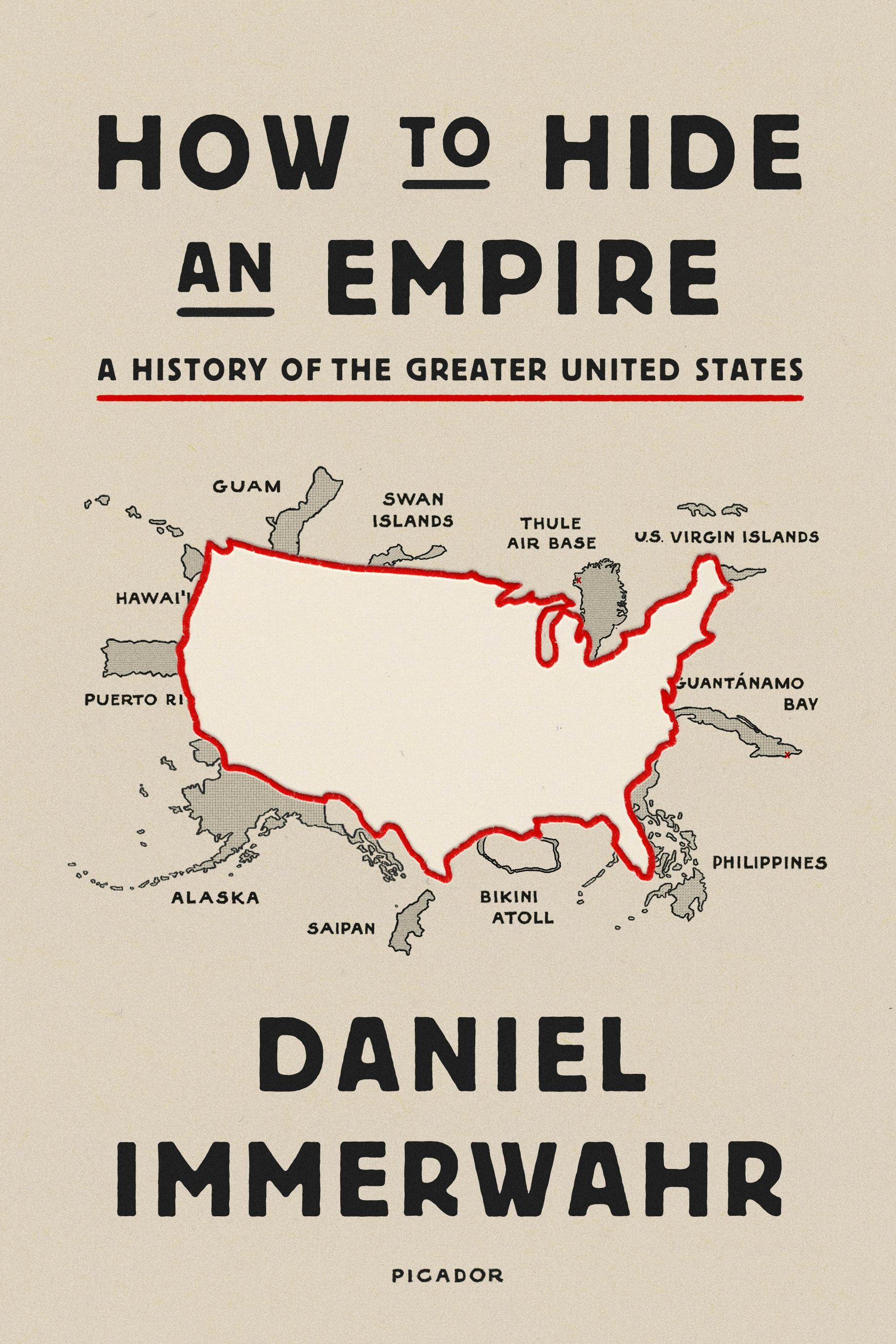What would you tell people who are surprised–or upset, even–to hear the United States described as an empire?
From day one the United States has included both states and territories, with the territories treated differently. In 1940, when the Philippines was a U.S. possession, 19 million U.S. nationals lived outside of the 48 states. That’s more than the immigrant or African-American populations at the time.
“Empire” can be used as a pejorative, but I’m not talking about the country’s character. I’m talking about its shape—its territories and outposts. Today, around four million people live in the U.S. overseas territories. That’s about the populations of Maine, New Hampshire and Rhode Island combined.
In your book, you lay out three acts of American history. Can you briefly summarize them?
The first act is a familiar one: it’s Western expansion. But if you pay attention to territory, it starts to look a little different. As soon as the U.S. becomes independent from Britain and becomes sovereign, it becomes a union of states and territories.
The second, which overlaps a little bit chronologically with the first, is overseas colonization, which is really easy to miss if you grew up in the mainland. Very quickly after the United States does all of its contiguous territorial expansion within North America, it starts claiming overseas territories. The difference is that it’s not even clear that these places are going to become states. In fact, some of them never do.
The third act is where we are today. The United States still has remnants of its colonial empire, for example, Puerto Rico, Guam, the Commonwealth of the Northern Marianas, American Samoa and the U.S. Virgin Islands. But it also has another form of territorial extent, which is 800 military bases overseas, outside of its borders and strewn across the planet.
You argue that the U.S. is one of the only countries that suffers this chronic confusion about its history as an empire. Why is that?
One of the fantasies of the United States since its founding is that it’s a republic and it differentiated itself from empire. But it’s true that from the moment of its independence, it was an empire of sorts—it had states and territories and had a differentiated political space in the way that empires do. It’s been a persistent myth that the U.S. is uniquely virtuous on the political stage among other great powers because it refuses to engage in empire.
